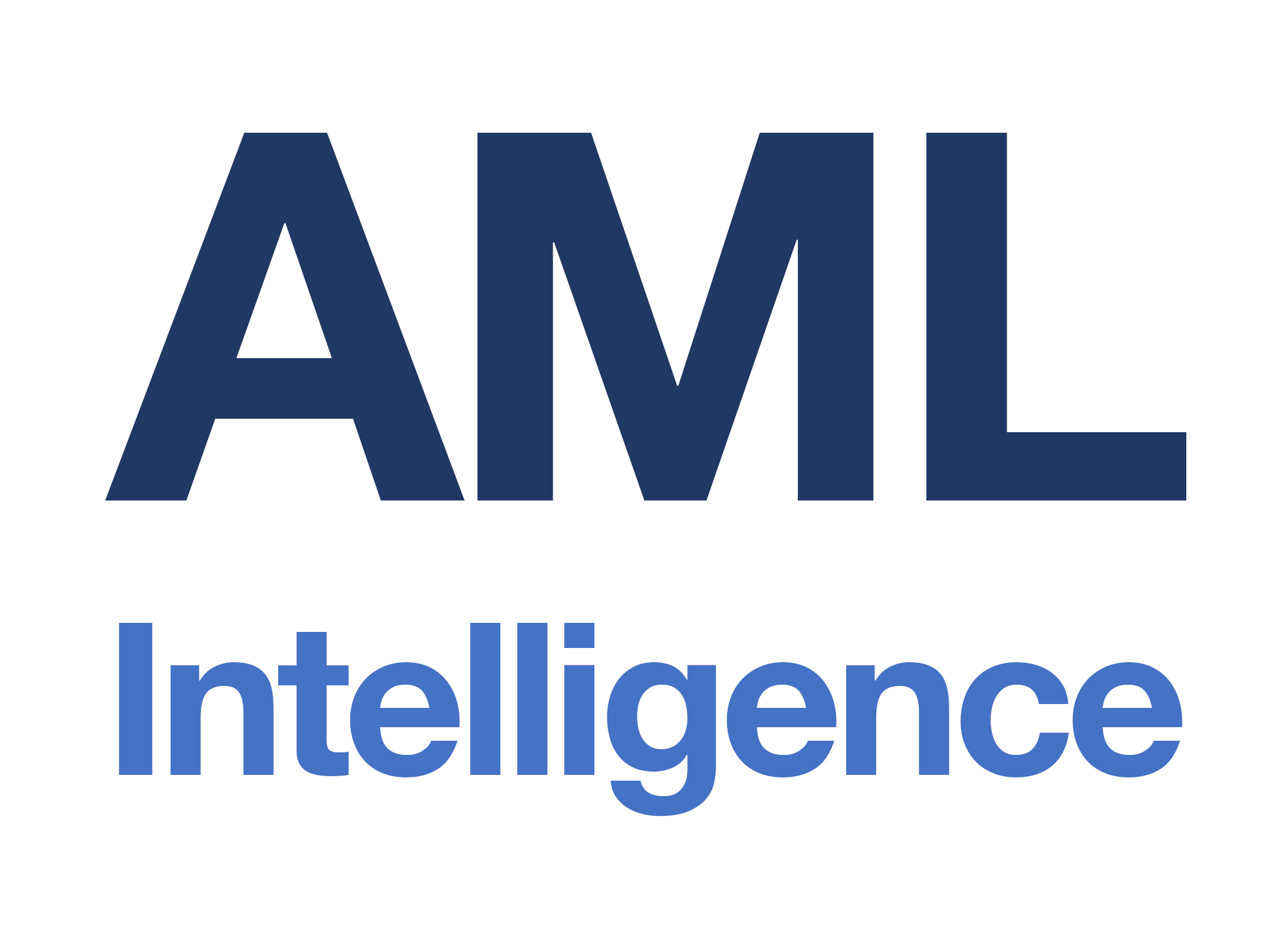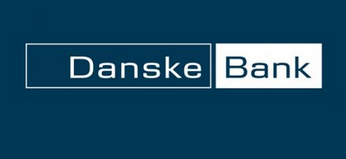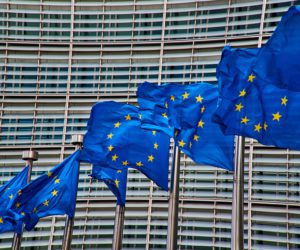By Elizabeth Hearst
Danske Bank has announced plans to strengthen its anti-money laundering procedures in Norway following a routine inspection by the country’s financial watchdog that found the financial institution had failed to comply with several Norwegian regulations.
The Financial Supervisory Authority (FSA) conducted a routine inspection of the bank in 2019. Following this inspection it uncovered a series of shortcomings in the bank’s Norwegian base.
In a partly redacted 21-page letter to the bank, the regulator maintained that there was “no comprehensive management of the unit’s anti-money laundering work”, and commented that the bank was overly reliant on the Copenhagen head office.
Danske Bank is accused of being too slow to investigate suspicious transactions and clients and did not sufficiently adapt its monitoring to Norwegian requirements.
In a statement, the bank’s country director for Norway Trond Mellingsaeter said that the bank had undertaken significant measures to ensure compliance with anti-money laundering regulations and added, “in recent years, we have taken many initiatives to improve our efforts against economic crime, but unfortunately we have not succeeded completely in adapting to the new legislation in Norway”.
The bank has reportedly pledged to implement 35 measures to improve its policies, with 21 already in operation, as reported by Reuters. These measures will affect both corporate and private clients with an “increased demand for documentation and information” from clients on the agenda, added Mellingsaeter.
The bank aims to “increase efforts to collect valid identification and updated know your customer (KYC) information for all clients”, it also seeks to “strengthen the local organisation for better management and control and compliance with local legislation, including new management of AML area’s in Norway”, and finally to implement “major investments to strengthen the framework for risk assessment, scoring model and transaction monitoring”.
However, he stated that the bank was in a good position to implement these objectives and said: “We have set aside significant resources to operationalize the full range of measures”.
The Danish bank is not without controversy after it was involved in a €200 Million money-laundering scandal through its Estonian branch in 2017. Described as possibly the largest money laundering scandal in Europe, the investigation led to the arrest of ten former employee’s of the Estonian branch and share prices of the bank halving in value.








